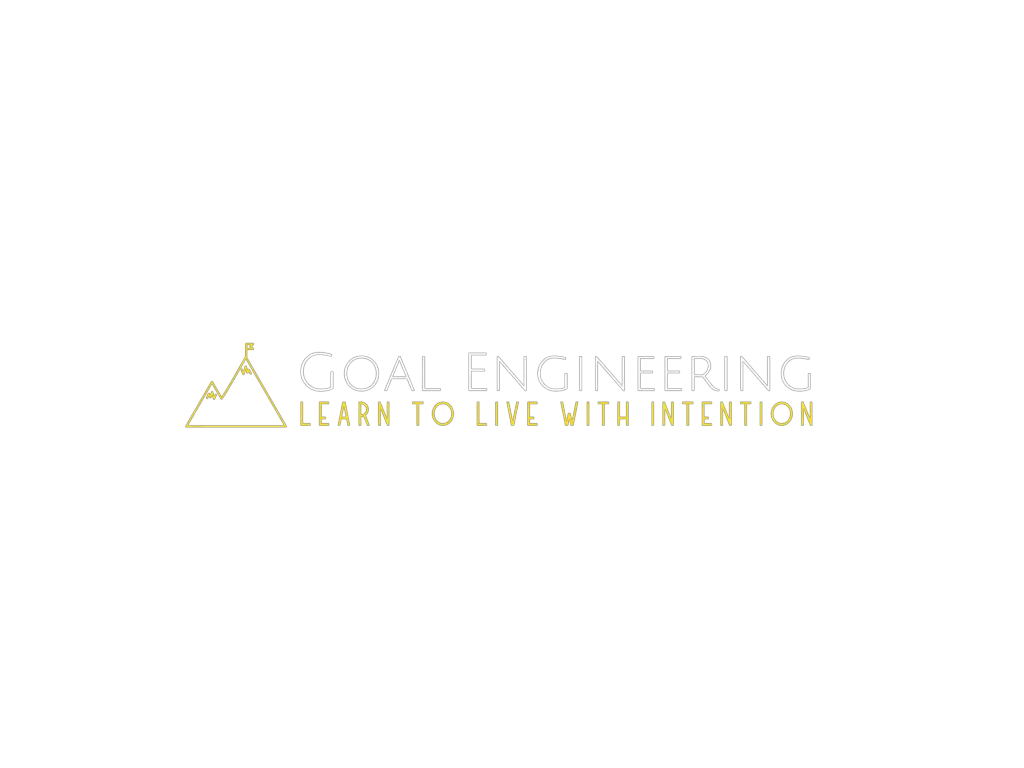After a lot of hard work and failure over the last 15 years, I was finally feeling like I had gotten the goal-setting process right. That was until I discovered some neuroscience that completely changed some of the fundamental principles of how I do it and how I teach it, too.
Here are just three big ways that I’m going to be changing my goal-setting system, based on neuroscience. All of these are based on quotes from Dr. Andrew Huberman, all of which come from his research on the brain and motivation.
1. Focus on the Process, Not The End Goal
“If [we] set the goals inside of the larger goal and self-reward each one of those, [we] essentially have an infinite amount of energy to pursue those goals.” — Andrew Huberman
Say you want to get healthier. Maybe lose some weight or body fat or gain some muscle. You try running and slog through it by trying to motivate yourself with thoughts of what the new you will be like.
But having this perspective is why you tend to quit your health goals. Instead, you should be celebrating the exercise itself.
Each moment, try to enjoy it intrinsically. Bring attention to the parts of it that you like the most. Forget where you’re going and what you want to accomplish. That’s the secret to having infinite energy and focus to achieve your goals.
And if you don’t like the process, find ways to enjoy it. If that means you need to change up your routine, do it! The lasting motivation is worth it.
2. Don’t Celebrate Crossing the Finish Line More Than The Work
“Capturing the reward is wonderful but attaching dopamine to the reward is actually a little bit dangerous. Celebrating the win more than the pursuit—it actually sets you up for failure in the future.” — Andrew Huberman
Your brain is designed to enjoy the process of pursuing a goal more than achieving it. And that’s a good thing! If you weren’t built to pursue things you’d never even eat or stay hydrated.
Celebrating the win is dangerous and celebrating the process is the ticket for infinite energy and focus. So the next time you reach your weight goal, hit the income level you were shooting for, or achieve any goal, do celebrate it, but keep in your mind how much better the process is.
3. It’s Natural to Feel a Little Down After Reaching a Big Goal (So Take Breaks!)
“Anytime you have a bunch of dopamine and you’re in pursuit, pursuit, pursuit [of a goal], after you achieve a win [meaning you accomplish the goal], now this could be a business win, a relationship win, a win of any kind, but inevitably there’s going to be a tipping back of the scale on the pain side. And that pain side is always gonna go a little bit higher than the dopamine [pleasure] side.” — Andrew Huberman
Most of the time what do we do when we reach a big goal? We go “what’s next?” right? It’s just on to the next aspiration usually. But that’s not how we should do it if we want to have high energy when starting the next goal.
Don’t get me wrong, it’s good to set a new goal after achieving a goal. You just want to be careful how soon afterward you pursue something else. Take some time in between, and recognize that it’s normal to be a little down, and you’ll recuperate the energy and drive you need to rock that next goal.
Wrapping Up
This is just the tip of the iceberg of what I’ve been learning recently. But it excites me. As I think about my own goal-setting journey I realize that there have been pieces of these truths in all of my past experiences.
I didn’t always intentionally take advantage of these ideas, unfortunately. But now I’m excited to use them to boost my motivation to work on my goals!





